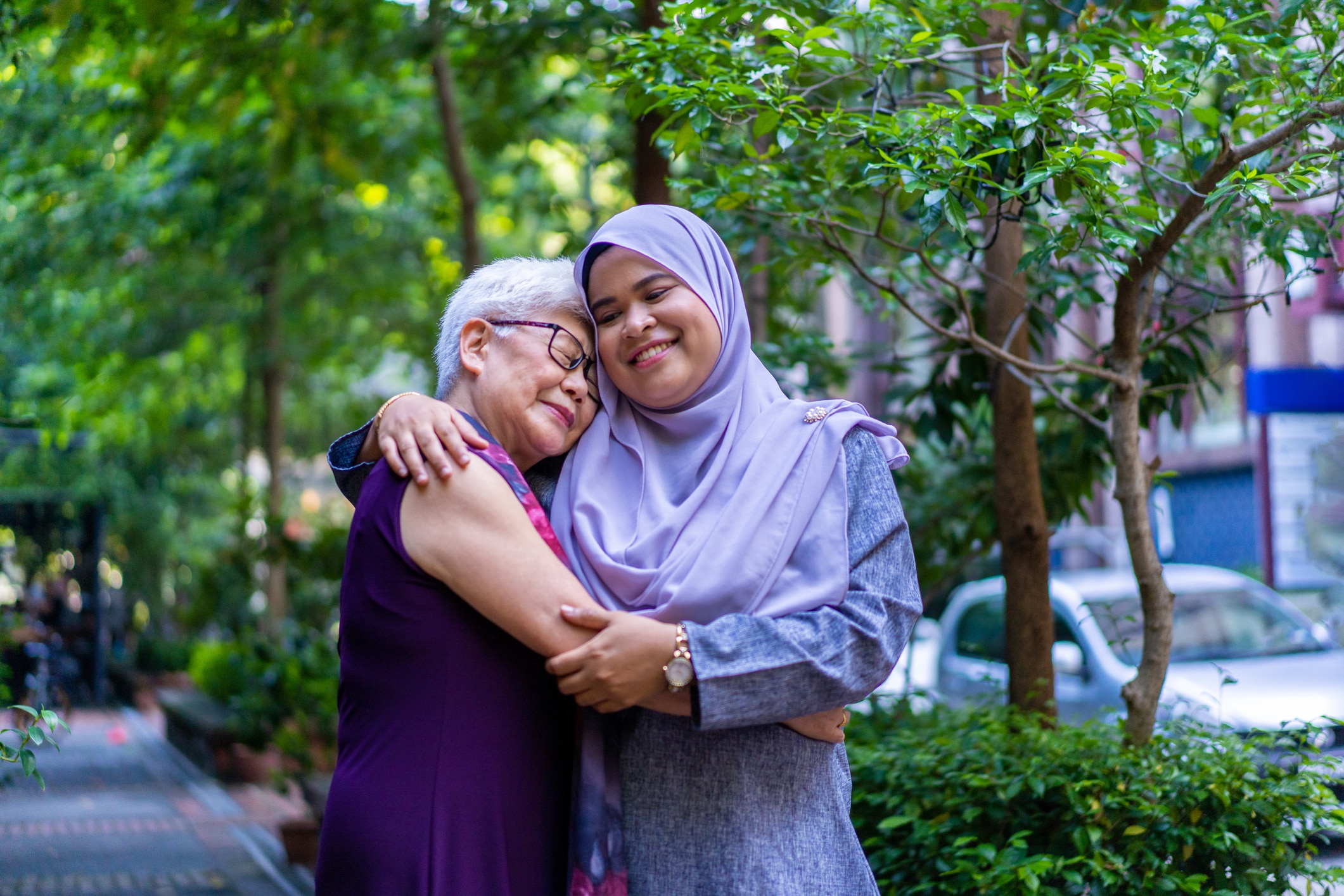We know that BIPOC people have many reasonable concerns about working with therapists who cannot relate to your experiences of intersectionality, race, and culture, especially when it comes to safely processing experiences of race and oppression.
Sometimes, BIPOC folks are afraid that we will be misunderstood, re-injured or traumatized by white therapists who can’t relate and either miss or minimize their experiences.
Some are concerned you will have to educate your therapist about your identities and the histories of our families and people.
Perhaps you have become hypervigilant about your surroundings and relationships. Or you might feel the need to present a watered-down or more racially palatable image of yourself or “code-switch” in majority-white environments. You may even shut down in order to avoid other people’s discomfort.
At Living Well Psychotherapy, we have therapists on staff who specialize in intersectionality and who bring important resonance, awareness, and cultural knowledge to their work with BIPOC clients.
Our therapists can recognize experiences of marginalization, racism, and oppression that clients may find in families, communities, places of work and worship, schools, media, and beyond.
They can help you to identify the impacts of systemic racism and oppression as separate from the psychological struggles of being human – this alone can bring relief and space to simply be in yourself for a moment, to breathe, and to find your ground.
How Can Therapy Help Me?
Therapy can help you process the trauma of racial injustice and build resilience to cope with it. Through therapy, you can gain insight into the root causes of your distress and develop the skills to manage it.
You can learn to recognize triggers and develop coping strategies, such as relaxation techniques, mindfulness, and positive self-talk. Additionally, therapy can help you find a sense of community and connection to others who are also struggling with similar issues.
It can also provide a safe space to express your feelings and explore your identity. Ultimately, therapy can help you gain a greater understanding of yourself and your experiences and help you heal from the pain of racial trauma. Therapy with a trauma-informed therapist can help you:
- Develop stronger boundaries
- Celebrate strength and successes and identify challenges and racial discrimination.
- Find validation for your experiences
- Cultivate internal and external spaces of safety and self-care
- Understand how experiences in your past can serve as triggers in the present while recognizing that racism and oppression exist and must be dealt with in the here and now
- Develop effective strategies to address overt, covert, and internalized racism that confronts you in your life
- Recognize the intergenerational trauma and ingenuity that has both hurt and helped you in life
How Can Therapy Help Me When Racism Exists Outside of Me?
It can be a safe space to talk about the impact of racism, microaggressions, and other forms of discrimination that BIPOC people experience. Therapy can also help BIPOC people to better understand the effects of internalized oppression, which is the psychological and emotional damage that can occur when a person internalizes the negative messages they receive from society about their race.
Therapy can also help BIPOC people to work through the emotional pain of racism and the trauma of experiencing racial injustice. It can provide a safe space to talk about their feelings and to process their experiences in a healthy way.
Therapy can also help BIPOC people to learn how to cope with and manage the stress of racism and other forms of discrimination. It can help them to develop better self-care practices and to find ways to increase their resilience and emotional well-being. Finally, therapy can help BIPOC people to build a strong sense of self, to find their voice, and to gain the confidence to speak up and advocate for themselves.
Therapy should be a place where you can heal from difficulties, recover from micro-aggressions and find the strength to care for yourself while moving towards wholeness. Reach out to one of our BIPOC therapists to start down the path to greater wholeness.


